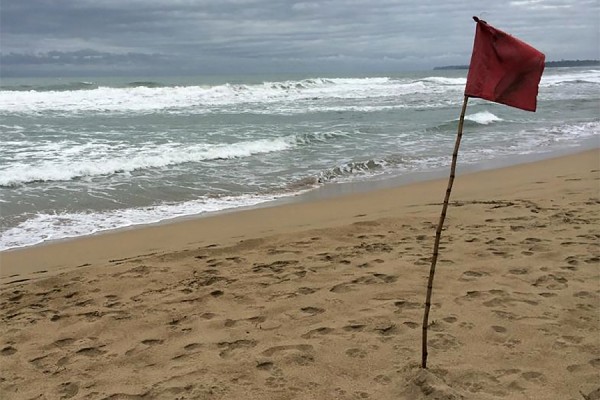 A session Wednesday will offer information about a study-abroad course in May set in Costa Rica.
A session Wednesday will offer information about a study-abroad course in May set in Costa Rica.
Study abroad is one of the most rewarding and transformational experiences for students, says Chris Houser, dean of science.
He plans a trip to Costa Rica in May as the first in a new initiative called Global Perspective in Science, GPS for short.
“Not only will the students experience unique cultural experiences, they will have an opportunity to explore unique environments that most visitors never see,” Dr. Houser says.
The course, “Natural Hazards of Costa Rica,” is a fourth-year-level class offered through the Department of Earth and Environmental Sciences. It will run May 7 to 21 and is open to third-and fourth-year students, who must have valid passports and be able to travel.
Houser has experience in the country — he has run more than 30 study-abroad trips there and was responsible for a field station in its jungle for several years.
“This May, I will be taking students on a trip from ridge to reef to look at natural hazards in a tropical region including but not limited to earthquakes, volcanoes, landslides, tsunamis and rip currents,” he says. “Students will have an opportunity to explore the country from the beaches to deep in the jungle to the edge of an active volcano.”
Houser also plans to invite faculty colleagues to join the trip to learn how to conduct study abroad that benefits not only students but instructors, professionally and personally.
The department is conducting an information session for those interested in learning more, Wednesday, January 25, at 5 p.m. in room 105, Memorial Hall.
